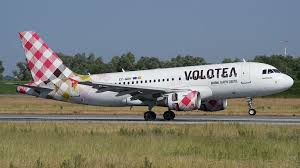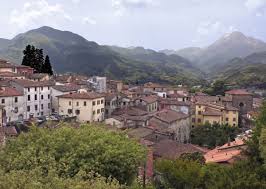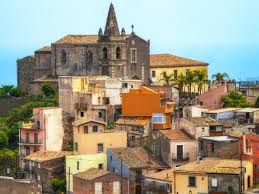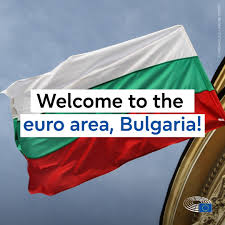Portugal’s main parties aim to reassure voters ahead of election

Lisbon: A Socialist campaign flyer distributed in the capital area tried to strike a balance between talking of “more action” and “guaranteeing stability.” The center-right’s election program is titled “Safe Change.”
Portugal’s two biggest parties are both trying to look as safe as possible to voters ahead of the country’s March 10 election.
An aging population has insulated Portugal a bit from some of the populist sentiment sweeping its European peers. Perhaps more importantly, the memory of a bailout is still relatively fresh, so pensions and fiscal prudence are major campaign issues.
All this means that voters will again pick between two centrist leaders to be the next premier, bucking the trends seen in countries like Italy and the Netherlands.
Even so, the far-right party Chega is winning fresh support mostly because of its leader, Andre Ventura. The 41-year-old former tax inspector, who often uses a confrontational style in parliament, has appealed to a growing number of disgruntled voters by blaming successive governments for what he says is systemic corruption in Portugal.
This election season kicked off in unusually dramatic fashion. Socialist Prime Minister Antonio Costa unexpectedly resigned in November amid a probe into possible influence peddling in government, ending an eight-year tenure and sparking a snap election.
While Portugal’s economy has kept growing and debt has dropped below 100% of GDP, the country is struggling to upgrade its economy to offer higher wages.
The opposition’s center-right AD alliance has a narrow lead over the Socialists in the latest opinion polls, and says the country should grow more. Its proposals include a gradual reduction in the corporate tax rate, while always ensuring small budget surpluses.
Socialist leader Pedro Nuno Santos seized on the center-right’s proposed tax cuts, saying in a debate with opposition leader Luis Montenegro that they would be a “fiscal adventure.”
Still, there’s always the chance for a surprise. In 2022, Chega grew to become the third-biggest force and polls suggest it will gain several seats. Center-right leader Montenegro has so far ruled out any agreement to get support from the far right if he’s short of seats in parliament.
Either way, it’s set to be a close race between the center-right and the center-left. Neither seem to have enough support on its own to get an absolute majority in parliament, meaning Portugal will likely end up with a minority government that could make stability a harder target.





